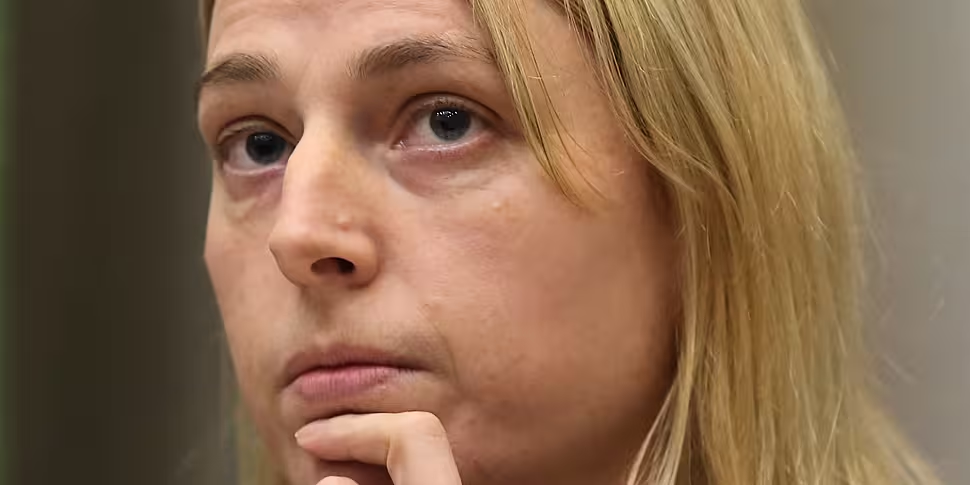Previous criminal convictions should not automatically exclude people from job opportunities.
That is the view of Independent Senator Lynn Ruane, who wants to see reform on spent convictions.
She said minor convictions should not have to be disclosed after set periods of time when returning to education, applying for a job or being Garda vetted.
She told Newstalk Breakfast it would be a big step towards rehabilitation.
"In Ireland we champion the idea that we have a prison system that's about rehabilitation and integration.
"The reforms that I've been working on for the last few years is to really give that life, to give that meaning.
"Because we're focused on education and employment, and we tell people 'Prison should be a deterrent, get your life together, learn from your mistakes, move on, become an active citizen.'
"But then as soon as they leave prison, we don't actually support that becoming a reality.
"What happens in Ireland is you can only have one conviction spent, and you'd have to wait seven years.
"So it means that anytime you're Garda vetted for employment or for college that would come up.
"And in most cases you are refused that place of employment - even if the conviction that you had has absolutely nothing got to do with the job that you've applied for."
'Judged on past discretions'
But she said serious crimes will never be expunged.
"Things like sexual assault, murder, that type of stuff will always be captured - so that's never what we're talking about.
"We're always talking about other, minor convictions."
Senator Ruane said the changes could see more former prisoners work in the areas of social work, addiction, community and youth work.
"A lot of those professions are really attractive to people that have had a particular life, and they'd be really good at it because they bring a huge amount of life experience to that role and understand the context.
"But they won't even get into college, they'll be Garda vetted, they'll be judged on past discretions and they will be deemed as not appropriate for the course of study".
She said it is about looking forward, not backwards.
"I think most people want to reduce crime... and we want to change the framing.
"So we want to look at somebody - not about what they've done in their past, but what are they doing now.
"Usually people haven't robbed their last two employers, usually most people that have ended up in the prison system have been people that have lived a life that has a bit more vulnerability.
"They were living in consistent poverty, maybe they were in addiction, maybe they were homeless.
"We encourage recovery, and we encourage people to engage in education around addiction".
She added: "Most people that look to engage in education and employment are doing so because they want to not offend anymore.
"They want active citizenship, they want to engage in society.
"Right now we have people that have, say, two convictions in their past when they were 19 and 20 - and it affects all classes at some level".









